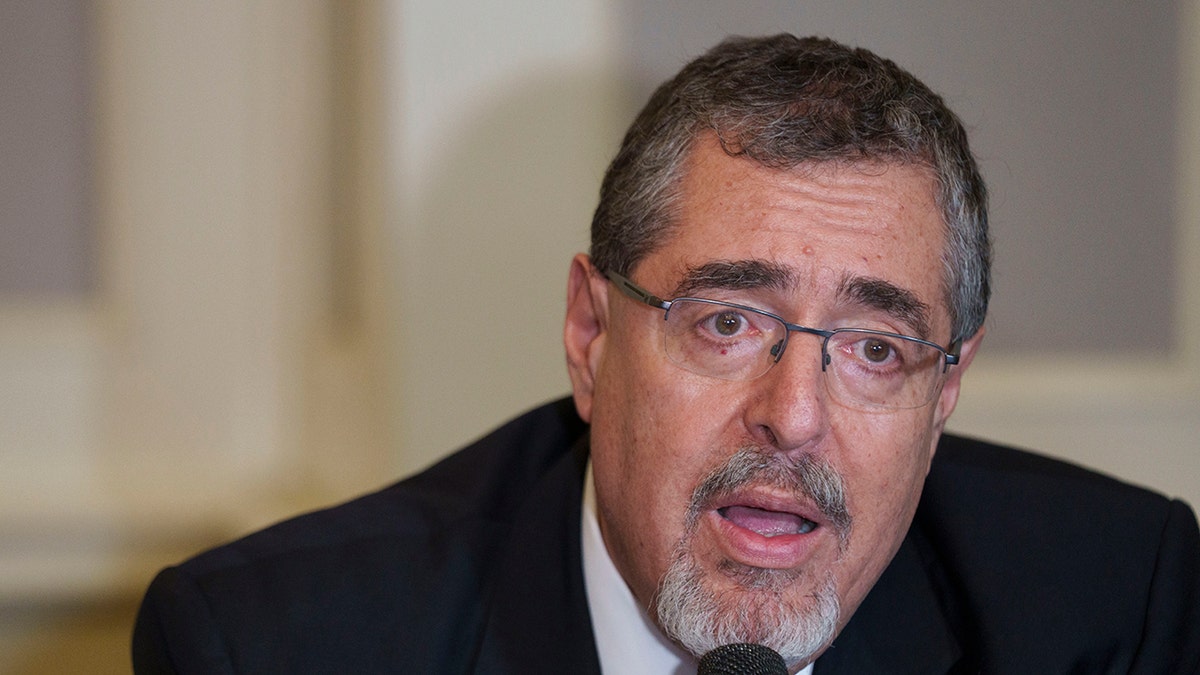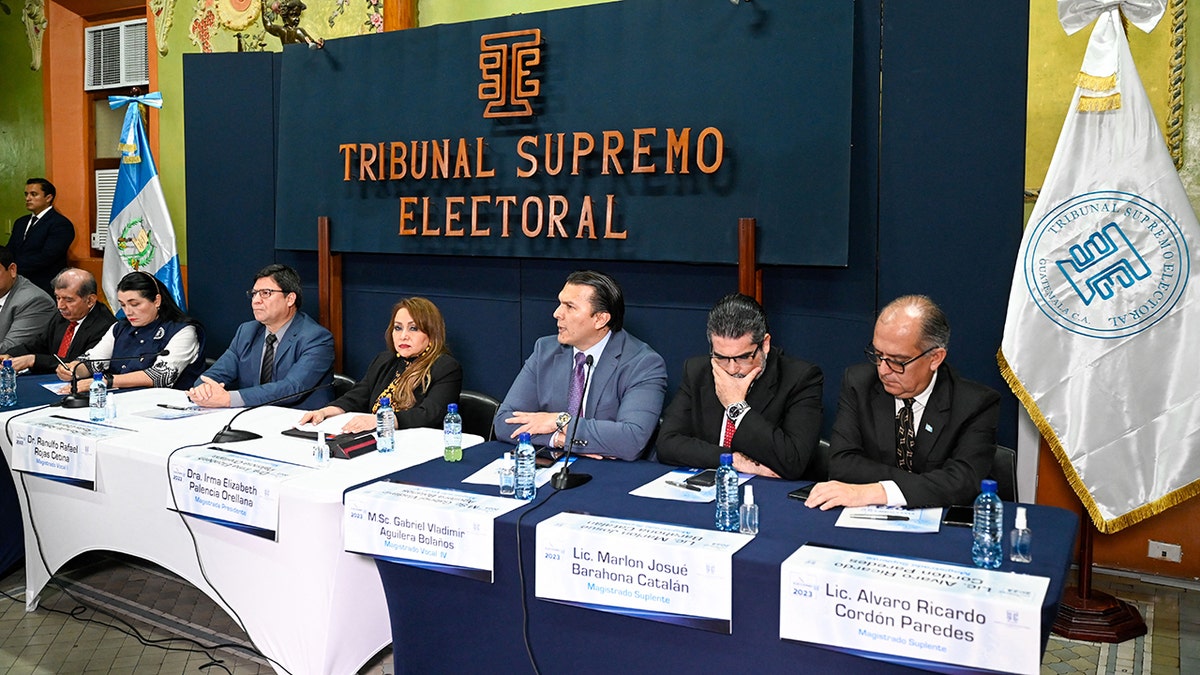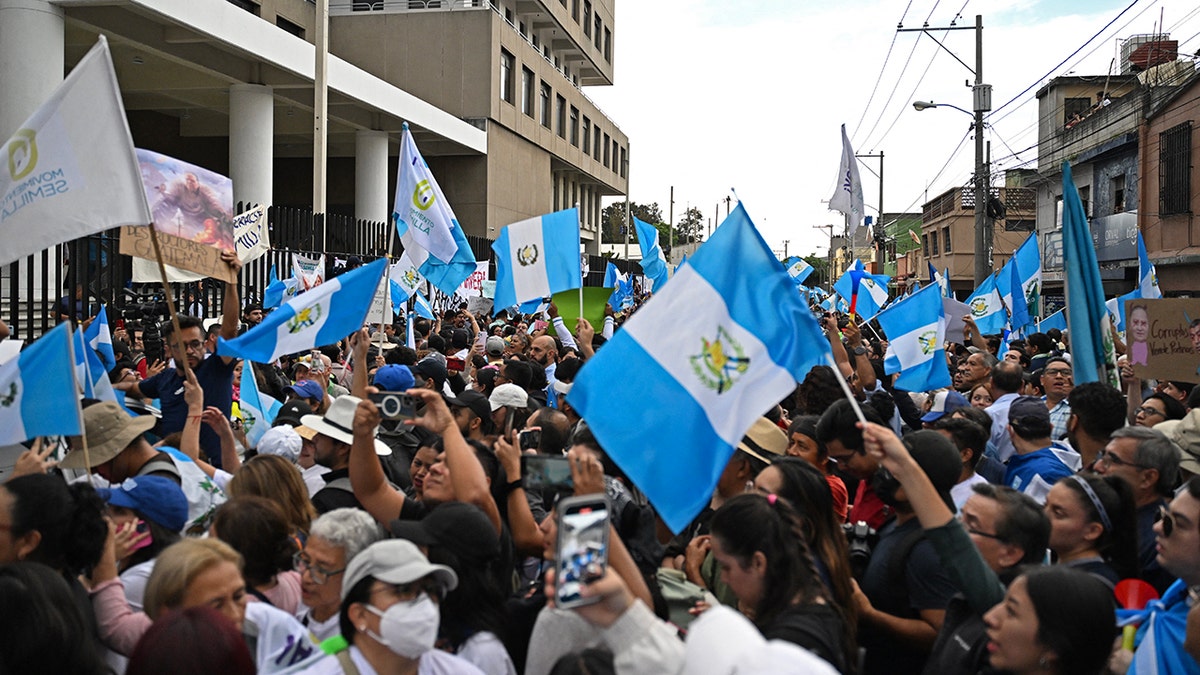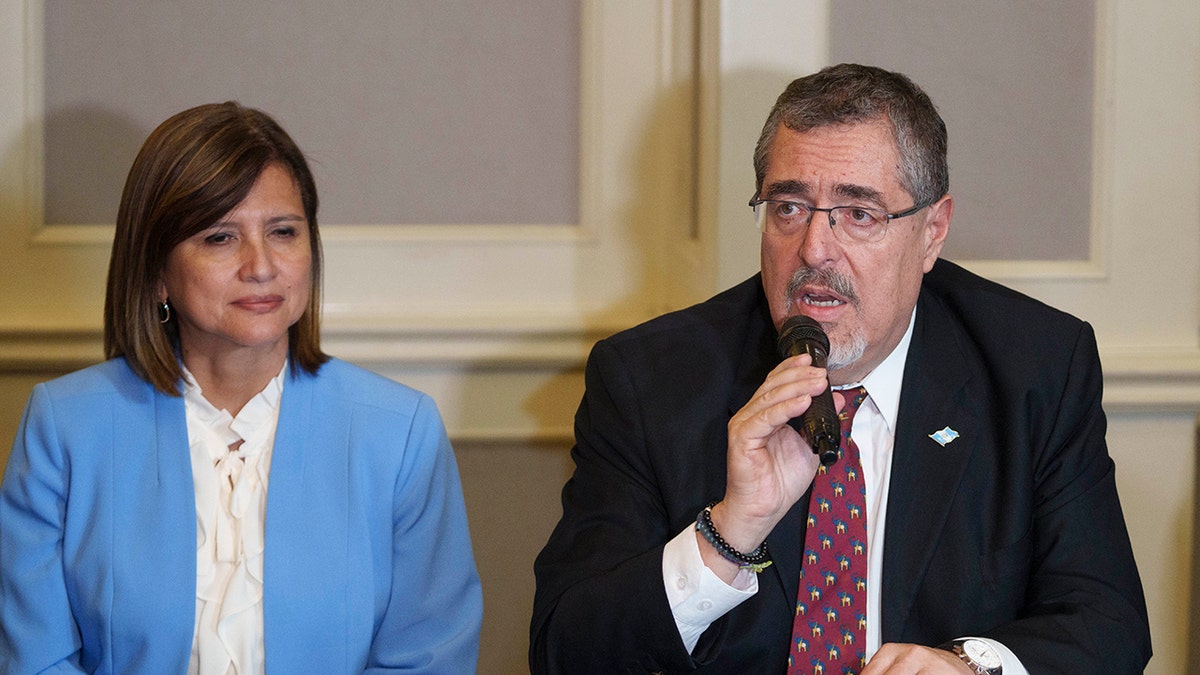Fox News Flash top headlines for August 28
Fox News Flash top headlines are here. Check out what's clicking on Foxnews.com.
The presidential election in Guatemala continues to navigate uncharted legal waters as the country's top electoral tribunal confirmed the winner to be Bernardo Arévalo, a candidate who was not unexpected to win and whose victory was almost immediately marred by a government body ordering his political party to be suspended.
The corruption-plagued Central American country’s Supreme Electoral Tribunal confirmed Arévalo as the winner Monday, but on the same day, the electoral registry ruled to suspend his Seed Movement following an investigation by Guatemala’s attorney general’s office.
"As of this moment, no one can stop me from taking office on Jan. 14," Arévalo defiantly said at a news conference after the results were announced.
The office pursued alleged irregularities in the gathering of signatures for its formation as a party. It is not clear whether his Seed Movement lawmakers would be able to take their seats in the country's Congress as Arévalo is set to take office as president on Jan. 14.

President-elect Bernardo Arevalo gives a press conference in Guatemala City on Monday, Aug. 28, 2023. (AP Photo/Moises Castillo)
Arévalo, who campaigned as an anti-corruption crusader, has faced a slew of legal challenges and allegations of irregularities since his unexpected victory and has since called the suspension ruling legally void. He also vowed his party would appeal it.
An appeal by the Seed Party would take the case to the Supreme Electoral Tribunal.
The Tribunal outranks the electoral registry, so Arévalo’s victory would remain, and the seats won in parliament by Seed Movement lawmakers in the first-round elections also appear confirmed. However, the impact of the party’s suspension is unclear.

The president of the Guatemalan Supreme Electoral Tribunal, Irma Palencia, fourth from the right, and other judges, offer a press conference to announce the official results of the run-off presidential election, in Guatemala City on Aug. 28, 2023. (JOHAN ORDONEZ/AFP via Getty Images)
This presidential race in Guatemala has been one of the most tumultuous elections in the Central American nation’s recent history and has been viewed as potentially threatening its democracy.
LOSING GUATEMALAN PRESIDENTIAL CANDIDATE FILES VOTER FRAUD COMPLAINT
Arévalo, the little-known 64-year-old son of former President Juan José Arévalo, shocked the country when he led the first round of presidential voting.

People take part in a demonstration outside the Attorney General's Office headquarters in Guatemala City on July 13, 2023. (JOHAN ORDONEZ/AFP via Getty Images)
Following a runoff vote against former first lady Sandra Torres, which he won in a landslide, his rise against the country’s political elite was cemented.
"This message generated, aroused hope, mobilized people who were fed up with corruption," he told the AP in a June interview.

President-elect Bernardo Arevalo, right, and Vice President Karin Herrera give a press conference in Guatemala City, Monday, Aug. 28, 2023. (AP Photo/Moises Castillo)
Arévalo easily beat Torres in the Aug. 20 presidential runoff, garnering 60.9% of the valid votes cast against 37.2% for Torres. His party also won 23 seats in the 160-seat Congress.
The subsequent legal back-and-forth between various governmental entities and courts, some staffed with officials who face charges of corruption, as well as allegations of voter fraud by Torres and other legal challenges has upended Guatemala’s political system.
CLICK HERE TO GET THE FOX NEWS APP
Eight days after the runoff, Torres still has not conceded defeat, and outgoing President Alejandro Giammattei has not commented on the latest developments.
Arrest warrants for electoral officials and raids to the party’s headquarters have also caused concern in the international community and among Guatemalans.
The Associated Press contributed to this report.





















